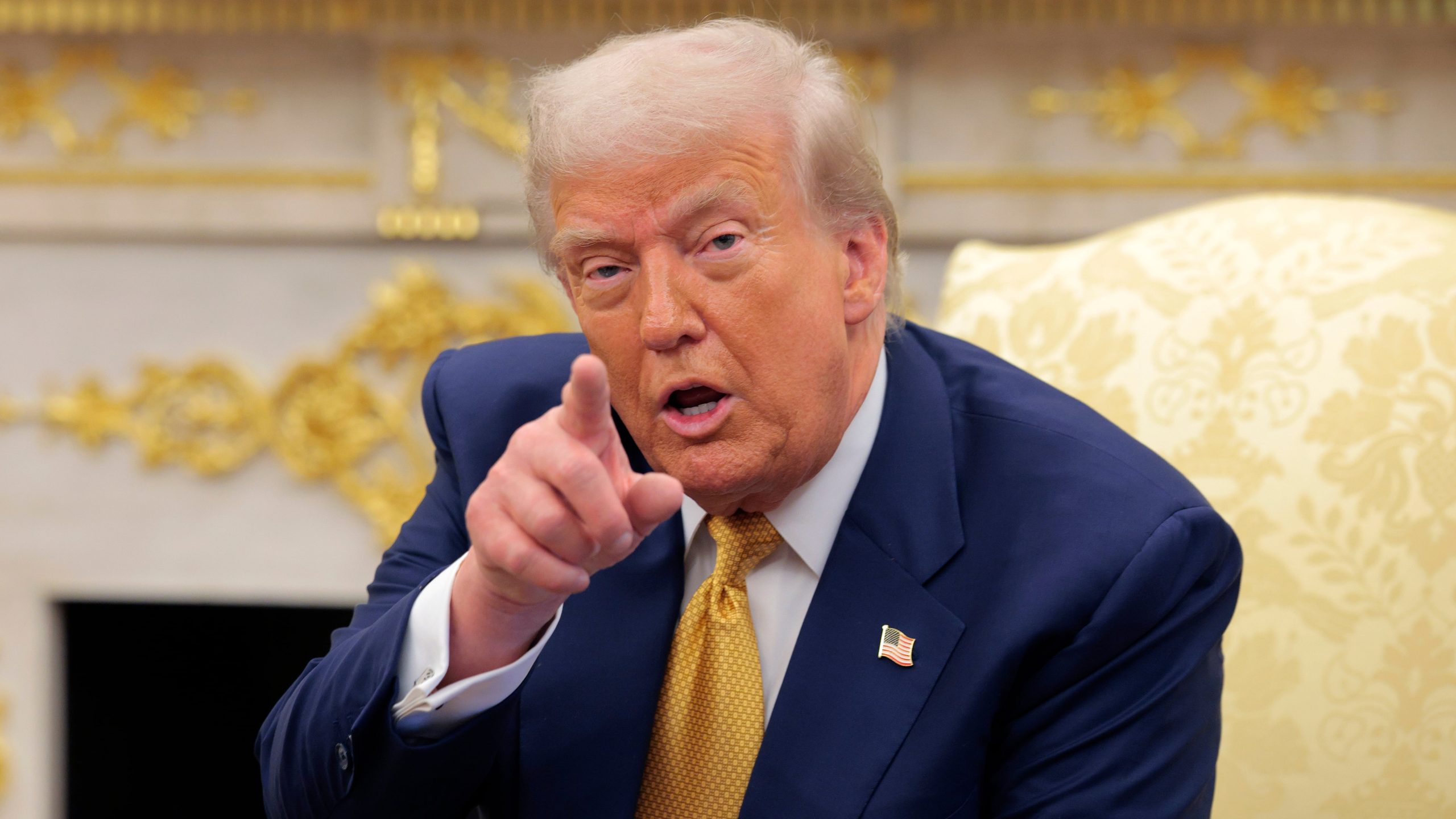A recent public exchange has spotlighted the fiery nature of high-profile political discourse, as a prominent American figure delivered a sharp rebuke to a former international leader following an unexpected comparison. This verbal confrontation underscores the delicate balance of rhetoric and reputation on the global stage, where every word can spark a significant response.
The catalyst for this contentious dialogue was an assertion made by Dmitry Medvedev, once a key figure in Russian leadership, who drew a parallel between the American luminary and a well-known political rival. This seemingly innocuous comparison, invoking a commonly used moniker, quickly escalated into a full-blown public dispute, capturing widespread attention.
The American personality, known for a direct and forceful communication style, immediately responded with a strong condemnation of Medvedev’s comments. Expressing considerable displeasure, the former U.S. President advised Medvedev, whom he labeled as a “failed former President,” to exercise greater caution in his public statements, emphasizing the perceived impropriety of the comparison.
Medvedev, who previously held the presidential office in Russia, served a term during a period when Vladimir Putin was constitutionally unable to seek a third consecutive term. His role was often seen as a strategic placeholder, maintaining continuity in leadership before Putin’s return to the presidency, a detail that adds context to his historical position.
The exchange highlights how swiftly international political commentary can devolve into personal attacks, especially when long-standing rivalries and deeply ingrained public perceptions are involved. Such incidents often reveal underlying tensions that manifest through public verbal jousting rather than formal diplomatic channels.
The deployment of disparaging nicknames, like “Sleepy Joe,” by high-profile figures serves as a potent rhetorical device aimed at undermining an opponent’s credibility and public image. This tactic, frequently observed in heated political environments, can significantly influence public opinion and shape narratives.
This particular episode serves as a vivid illustration of the intensity that can characterize interactions between influential political figures. It demonstrates how historical context and the power of public perception play crucial roles in shaping the discourse and reactions from all parties involved, leading to heightened public interest.
The severity of the reaction from the American political figure underscores the sensitivity surrounding personal comparisons, particularly when they originate from foreign dignitaries. This public disagreement became a clear demonstration of how leaders protect their image and standing against perceived slights, regardless of the source.
Ultimately, the rapid spread of these comments through digital platforms amplifies their impact, transforming a direct statement into a widely discussed international incident. This constant amplification necessitates careful consideration of language and its potential ramifications in the modern media landscape.






Leave a Reply